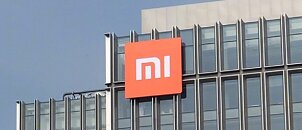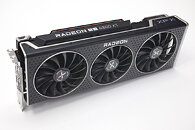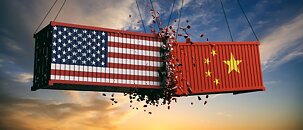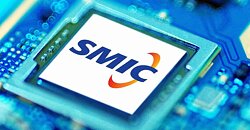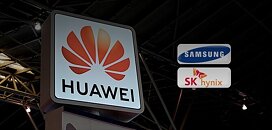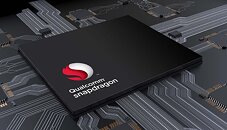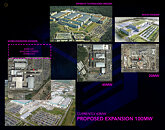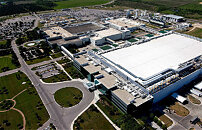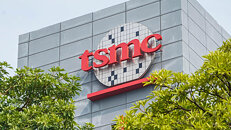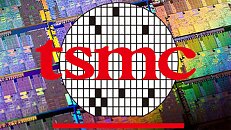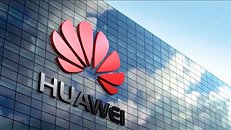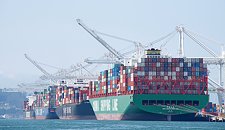Trump Tariffs to Hike PC Costs at Least 20%, System Integrators Take the Biggest Blow
While semiconductors are exempt (for now at least) from Trump's tariffs, other components going into our PCs are not. According to Tom's Hardware, which spoke to multiple system integrators, tariffs are about to hike PC costs by at least 20%, with system integrators hurt the most. The tariff package imposes a 54% rate on Chinese goods, 34% on top of earlier tariffs, and significant duties on Taiwan, South Korea, and Vietnam products. These countries supply essential PC components such as SSDs, RAM, cases, and graphics cards. Wallace Santos, CEO of Maingear, highlighted the immediate effects on production: "Tariffs have a direct impact on our cost structure… which we have to pass down to our customers." He further explained that some suppliers have halted production in China, leading to scarcity and escalating costs. Santos estimates that prices for his PCs will rise "20 to 25% as a result of the tariffs."
Other company leaders express concern over the limited alternatives available. Kelt Reeves, CEO of Falcon Northwest, stated, "Sadly the overwhelming majority of PC component manufacturing is not done in the US and never has been. There's no US alternative supplier for most PC parts." Reeves added that even US-based system integrators are "facing skyrocketing costs" due to the tariffs, which are set to worsen an already challenging market situation caused by ongoing GPU shortages. Jon Bach, CEO of Puget Systems, shared his perspective in a recent blog post, noting that his company might absorb some costs to minimize consumer price increases. However, even before the latest tariff updates, Bach predicted a price rise of "20 to 45 percent by June." Critics of the tariffs warn of broader economic issues. Gary Shapiro, CEO of the Consumer Technology Association, condemned the policy as "massive tax hikes on Americans that will drive inflation, kill jobs on Main Street, and may cause a recession for the US economy." With these tariffs taking effect, the PC industry faces a period of adjustment marked by increased costs and significant supply chain challenges.
Other company leaders express concern over the limited alternatives available. Kelt Reeves, CEO of Falcon Northwest, stated, "Sadly the overwhelming majority of PC component manufacturing is not done in the US and never has been. There's no US alternative supplier for most PC parts." Reeves added that even US-based system integrators are "facing skyrocketing costs" due to the tariffs, which are set to worsen an already challenging market situation caused by ongoing GPU shortages. Jon Bach, CEO of Puget Systems, shared his perspective in a recent blog post, noting that his company might absorb some costs to minimize consumer price increases. However, even before the latest tariff updates, Bach predicted a price rise of "20 to 45 percent by June." Critics of the tariffs warn of broader economic issues. Gary Shapiro, CEO of the Consumer Technology Association, condemned the policy as "massive tax hikes on Americans that will drive inflation, kill jobs on Main Street, and may cause a recession for the US economy." With these tariffs taking effect, the PC industry faces a period of adjustment marked by increased costs and significant supply chain challenges.



















